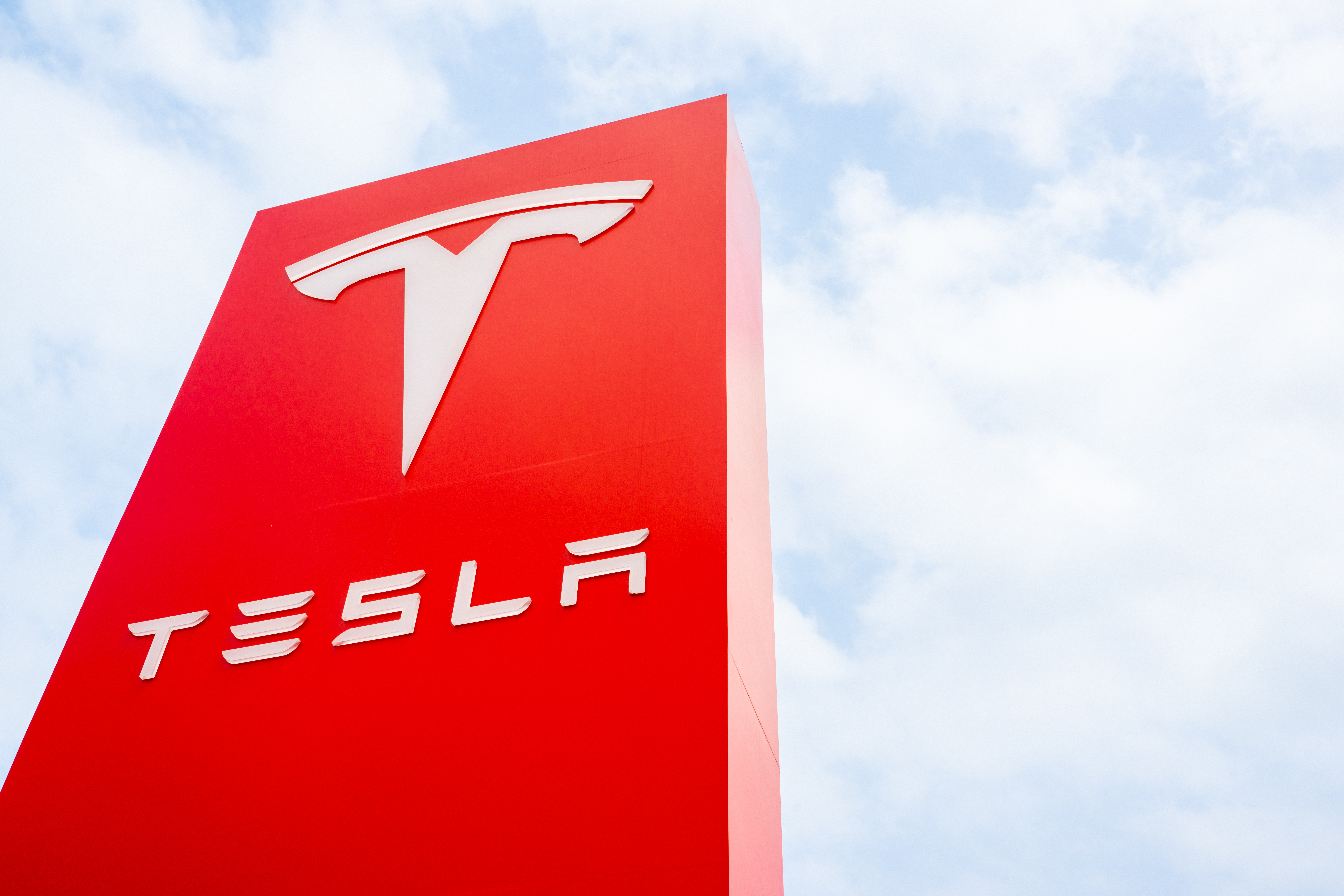Shares of bank stocks continued to rise even as the government told some of the industry's leaders that they'll need to raise billions to pass stress tests.
Bank of America needs to close a nearly $35 billion capital gap. Wells Fargo (NYSE: KEY) needs $15 billion while Citigroup (NYSE: C) may need as much as $10 billion and JPMorgan Chase (NYSE: JPM) will need none, Reuters reported, citing various sources.
Investors cheered the news all the way around.
Bank of America's (NYSE: bac) needs weren't as bad a scenario as some on Wall Street privately feared, sending shares sharply higher even as the bank's future remains murky.
The company's stock initially sank on fears that the capital needs would be dilutive to shareholders.
But traders instead focused on the importance of getting clarity to the numbers and a pervading sense that BofA could use other means to raise capital that wouldn't necessarily be dilutive to shareholders, market sources said. Shares gained more than 10 percent before the opening bell.
"It just proves that regardless of what the stress test results are the Street wants clarity," said David Lutz, managing director of trading at Stifel Nicolaus. "That's going to be a big positive to get that behind us."
U.S. & World
Estimates for Bank of America's capital needs varied widely, with KBW recently putting the number as low as $10 billion while FBR analyst recently said the company could need as much as $70 billion.
"The capital markets look like they are opening up as far as the credit side for a lot of the banks," Lutz said. "It is possible that Bank of America can raise capital without doing something overly dilutive."
BofA could choose to sell other assets and also could use earnings that exceed analyst expectations toward its capital base.
The company reportedly is contemplating selling some of its stake in China Construction Bank.
"There has been healthy short selling in CCB shares in recent days, so the market is factoring in a very high chance that BOA will sell part of its shares this week," Philip Chan, head of research at CAF Securities, told Reuters.
Should BofA fail to be able to raise the capital on its own it would need to tap government help through the Troubled Asset Relief Program. The conversion of government shares into common stock would be dilutive to the share price, a fear that likely prompted a sharp premarket move lower for BofA.
A Bank of America spokesman declined comment on reports from the Wall Street Journal and New York Times regarding the capital needs.
At the same time, Citigroup raised its price target for BofA from $10 to $14, another positive for the stock.
However, the stock still was being treated as mostly a trading vehicle rather than something long-term investors would add to their portfolios.
"The jury's out on what they're going to look like two years from now," said Michael Cohn, chief investment strategist at Atlantis Asset Management in New York. "Until there's visibility on that front it's not an investment, it's a trading vehicle."
Citi projects that the 19 stress-tested banks will need a total of $75 billion in capital, with BofA leading the way. Key Corp (NYSE: bac) and SunTrust (NYSE: STI) both will need $3.3 billion, Citi estimates.
The government has spent two months conducting stress tests on the 19 largest U.S. banks to determine their revenue, losses and capital needs, should economic conditions deteriorate even further than many economists' estimates.
Officials plan to release results of the tests on late Thursday, and are expected to reveal both aggregate figures and the results of the examinations on the 19 institutions' holding companies.
Bank of America has been at the top of the list of banks believed to need more capital, as it is facing significant credit losses and a challenging combination with Merrill Lynch.
Despite the gain in share price, the leaked news of the stress test results was confirmation that the bank has a lot of work to do before restoring investor confidence.
"Out of the woods? No," Cohn said. "This just shows they're still in the woods."
The bank has already received $45 billion in capital from the federal government.
Bank stocks were broadly higher Wednesday. The KBW banking index gained 7 percent while the SPDR Select Financial (NASDAQ: XLF) exchange-traded fund was up more than 4 percent.
- Slideshow: What Does $1 Trillion Look Like?
For more stories from CNBC, go to cnbc.com.



